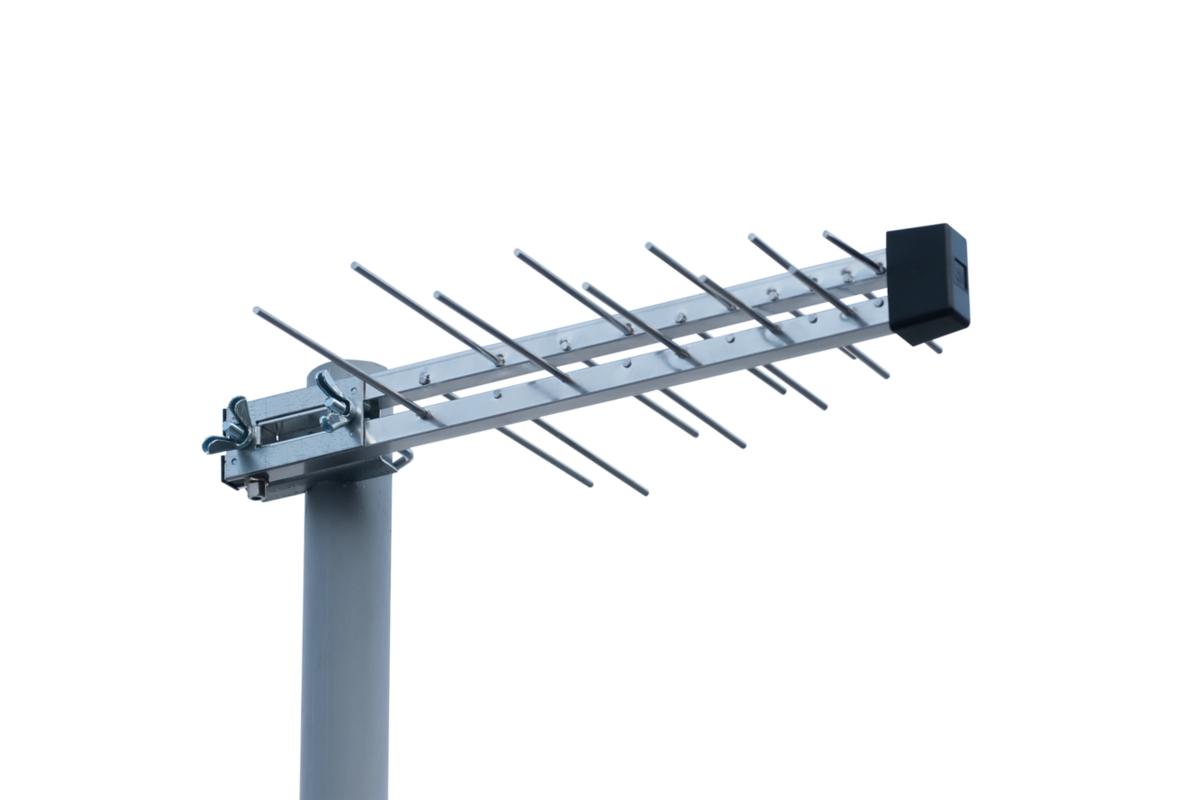Awakening the Antarvacna Understanding and Honoring Your Inner Voice

Introduction
In an age Antarvacna by constant distractions, endless notifications, and societal noise, it’s easy to forget the quiet yet powerful guide within us—our inner voice, or antarvacna. This inner compass, rooted deeply in human consciousness, whispers truth even when the world shouts otherwise. It’s not always loud, but it’s always present, patiently waiting for us to listen.
Tuning into your antarvacna isn’t just about making better decisions—it’s about reclaiming your authenticity and aligning with your life’s true path. Whether you’re at a crossroads, feeling lost, or simply curious about deeper self-awareness, understanding this subtle inner guide can be life-changing.
In this article, we will explore the profound meaning of antarvacna, unravel the science behind it, identify common blocks to hearing it, and share practices to strengthen your connection with it. Whether you’re spiritually inclined or grounded in science, this guide will offer tools and perspectives to help you reconnect with your most authentic self.
What is Antarvacna?
The word “Antarvacna” comes from Sanskrit, meaning inner calling or inner voice. It signifies the deep-seated intuition or truth that arises from within, untarnished by external opinions or societal pressures. In spiritual traditions like Hinduism and Buddhism, this voice is seen as the divine presence within, often associated with higher wisdom, the soul, or inner self.
Unlike emotions, which are reactive and often transient, or thoughts, which are shaped by logic and conditioning, antarvacna is subtle, timeless, and deeply intuitive. It guides without fear, instructs without judgment, and always nudges you toward your authentic path—even when the journey seems uncertain.
This voice isn’t exclusive to mystics or spiritually advanced people. It exists in everyone. Children, in fact, are most in touch with their antarvacna—unfiltered, fearless, and spontaneous. As we grow older, we often lose touch with it, buried under layers of social programming, fear, and self-doubt. However, the good news is: it never disappears. It only waits—patiently—for us to rediscover it.
The Science Behind the Inner Voice
While antarvacna has spiritual roots, modern science offers compelling explanations about this internal guide. Psychologists often relate the inner voice to intuition—a subconscious process by which the brain rapidly integrates experience, knowledge, and patterns to offer immediate insights without conscious reasoning. In essence, what feels like a “gut feeling” is actually your brain’s fast-track processing system.
Neuroscience also supports this concept. Studies show that decisions made from intuition often activate areas of the brain associated with memory and emotion. The anterior cingulate cortex, for example, is crucial in evaluating complex scenarios quickly, often before we’re even consciously aware of it. This is why we sometimes “just know” something is right—or wrong—without a logical explanation.
From a psychological standpoint, our subconscious mind stores experiences, symbols, and emotions that are not always in our immediate awareness. Antarvacna often speaks through these subconscious channels. Dreams, recurring thoughts, or persistent feelings can all be ways the inner voice communicates. Over time, the more we listen, the more clearly it speaks. And the more clearly it speaks, the more confidently we live.
Obstacles to Hearing Your Antarvacna

If antarvacna is always present, why do so many of us struggle to hear it? The truth is, modern life creates a lot of noise—both internal and external. One major obstacle is societal conditioning. From a young age, we’re taught to value external validation over internal knowing. We are encouraged to seek approval, follow rules, and prioritize logic over intuition.
Fear and anxiety also drown out the inner voice. When we operate from fear—fear of failure, judgment, or rejection—our mind tends to overthink, and we become reactive instead of intuitive. The inner voice is not forceful; it whispers in clarity, not chaos. In a stressed or anxious state, we’re less likely to notice its presence.
Another major block is the inner critic, often mistaken for antarvacna. The inner critic is harsh, judgmental, and rooted in doubt. In contrast, the true inner voice is calm, loving, and clear. It may warn us, but it never shames us. Recognizing the difference between these two internal forces is key to living an authentic life.
Lastly, disconnection from self—caused by trauma, burnout, or constant busyness—can mute our inner voice. When we stop spending time in reflection or silence, we drift further from our internal compass. But by slowing down, practicing mindfulness, and cultivating awareness, we begin to tune in once again.
Practices to Strengthen and Follow Your Antarvacna
Strengthening your connection with antarvacna doesn’t require monumental effort—it requires intentional stillness and consistent practice. One of the most effective ways to reconnect with your inner voice is through mindfulness meditation. By sitting in silence, observing thoughts without judgment, and returning to the present, you begin to distinguish between mental chatter and deeper inner knowing.
Journaling is another powerful tool. Write freely about your thoughts, questions, or decisions you’re facing. Often, clarity emerges when thoughts are externalized on paper. Use prompts like: “What is my heart trying to tell me?” or “If I trusted myself fully, what would I do next?” These reflections help surface the antarvacna hiding beneath doubt.
Digital detox and solitude are essential. In constant connection with devices and people, your mind rarely rests. Schedule quiet time—even 15 minutes daily—to disconnect and simply be. Walk in nature, sit in silence, or listen to soft instrumental music. These simple practices can clear mental clutter and open the channel to your inner guide.
Finally, trust the voice when it arises. Acting on antarvacna may feel risky at first—especially when it contradicts logic or others’ opinions. But with each aligned decision, your confidence grows. Over time, this alignment leads to more purposeful choices, deeper self-respect, and a life that feels truly your own.
Conclusion
Your antarvacna is not something you need to find—it’s something you need to remember. It has always been within you, offering wisdom, comfort, and direction. The more you listen, the more clearly it speaks. And the more you follow it, the more authentic and fulfilling your life becomes.
In a world that constantly tries to pull you away from yourself, choosing to honor your inner voice is a radical act of self-trust. It requires courage, patience, and awareness. But the reward is invaluable: a life aligned with your deepest truth. Trust your antarvacna—it already knows the way.
You May Also Read: https://magazineglow.co.uk/kalidcan/




